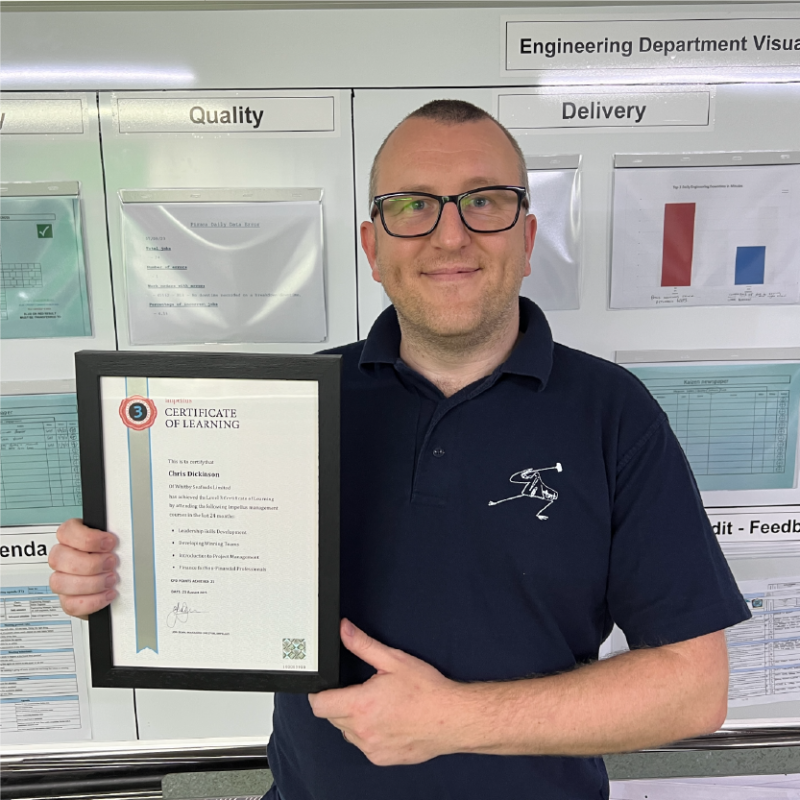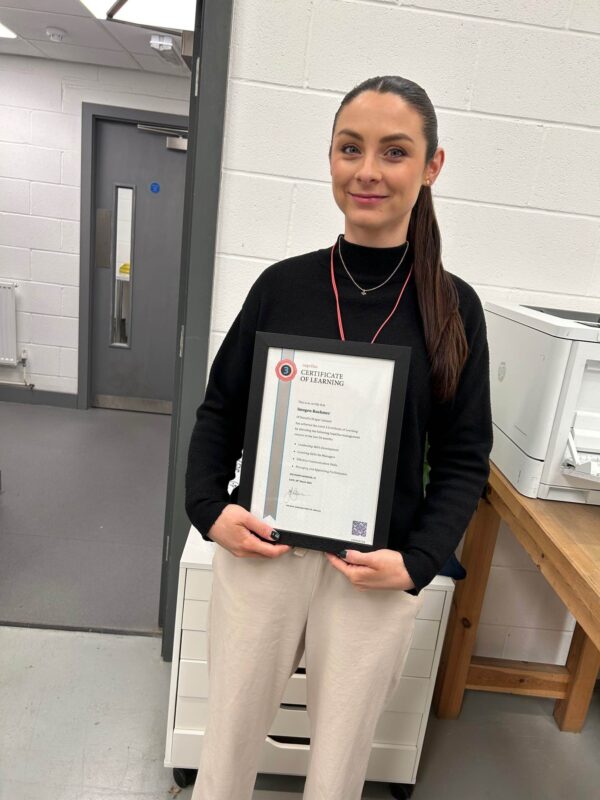Alison is sitting in her office with her head in her hands. It is becoming an all too familiar position these days, though she is relieved that her office is down a side corridor, so that staff in the main open-plan area can’t see straight in. It’s such a shame, she thinks, six months ago when she was first given this manager’s role she was ecstatic - a major step up the career ladder. She was so happy to be singled out for promotion.
But now it is her responsibility to manage Emma, Jeremy and Josh. Jeremy is quite conscientious, but Emma and Josh giggle their way through the day. They keep slipping off to the pub at lunch time and they leave the office on the dot of 5pm no matter whether they have finished the day’s work or not.
Several times Alison has had to work late re-doing their work because it is often not up to standard. And now it is going to happen again. And she was going out tonight with her best friend - she was so looking forward to that but she’ll have to cancel.
Alison knows she must speak with Emma and Josh, but when she got cross once before Emma sulked for at least a fortnight afterwards making the situation far worse.
So how can Alison give feedback?
Well she knows she has to have a conversation with Emma and Josh. But perhaps she can structure it a bit better this time. Rather than getting cross she needs to give well-constructed feedback to each of them. Luckily she’s been on a leadership course and has learned what to do.
First she will explain the CONTEXT. She will remind them of the importance of their work to the organisation, explaining what happens when it is not right and how it costs far more time and money to correct mistakes later. Then she will need to show some specific EXAMPLES of where it has gone wrong to illustrate the problem.
When Emma and Josh understand that she has a problem with their work then she can ask for their view of the situation and take some time with each of them to DIAGNOSE the problem and the reasons for it. Then she can ask them for their ACTION PLAN to resolve it. She will try not to give her suggestions but will challenge them to come up with their own.
And lastly she will set a date for another meeting in a month’s time to REVIEW their work and see if it has improved.
Alison does finally pluck up the courage to have those meetings with Emma and Josh. She finds the meetings were not nearly as bad as she expected. And she felt so much better being able to say all those things she really wanted to say.
And funnily enough Emma and Josh’s work started to improve. She even caught Emma staying late one evening to finish a job that was needed for the next day.
If you want to learn more about giving feedback to staff you may be interested to come along to our Organisational Leadership Skills course.






















